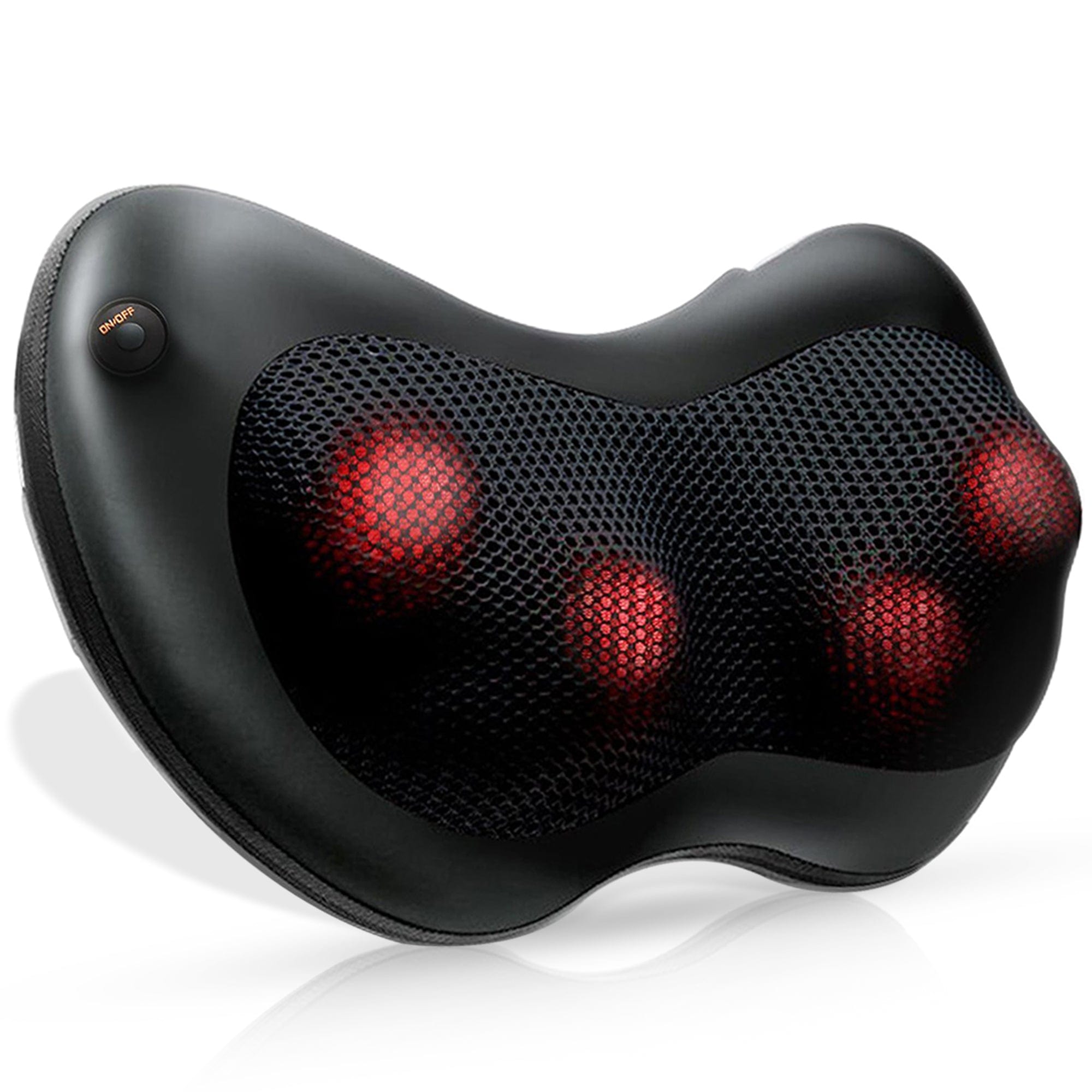Be mindful of certain things that can contribute to dehydration to stay hydrated during the summer. Drink plenty of water regularly, eat hydrating foods, and pay attention to your body's signals with regular health monitoring.
Staying hydrated during summers is essential for maintaining overall health and well-being. It helps regulate body temperature, supports physical performance and cognitive function, promotes heart health and digestion, maintains healthy skin, and reduces the risk of kidney stones. Make sure to drink an adequate amount of water throughout the day and keep monitoring your health to know your body's thirst signals to stay hydrated.
10 Things You Can Avoid For Preventing Dehydration
To stay hydrated during the summer, it's important to be mindful of certain things that can contribute to dehydration. If you wish to keep yourself cool and hydrated in the scorching summer heat, avoid the things shared below;
1. Excessive Sun Exposure
Spending too much time in the sun without protection can increase sweating and fluid loss. Limit your sun exposure during peak hours and use sunscreen and appropriate clothing.
2. Intense Physical Activity During Peak Hours
Engaging in vigorous exercise or physical activity during the hottest parts of the day can lead to excessive sweating and fluid loss. Opt for early morning or evening workouts when temperatures are cooler.

3. Alcohol Consumption
Alcohol has a diuretic effect, meaning it can increase urine production and contribute to dehydration. Limit your alcohol intake, especially in hot weather.
4. Caffeinated Beverages
Caffeine can act as a diuretic, causing increased urine production and potentially leading to dehydration. Reduce your consumption of caffeinated beverages like coffee, tea, and energy drinks.
5. Sugary Drinks
Sugary beverages like soda, fruit juices, and sweetened teas can be dehydrating. They can also contribute to an imbalance of electrolytes in the body. Opt for water or other hydrating alternatives.
6. Excessive Salt Intake
Consuming foods high in salt can increase thirst and water retention, which may lead to dehydration. Limit your intake of processed and salty foods, and opt for fresh, whole foods instead.
7. Overlooking Early Signs of Thirst
Thirst is your body's way of signaling that it needs water. Don't ignore early signs of thirst; instead, drink water as soon as you feel thirsty to prevent dehydration.
8. Skipping Meals
Skipping meals, especially during hot weather, can lead to dehydration. Food also contributes to your overall fluid intake, so make sure to eat regular, balanced meals.
9. Overlooking Electrolyte Balance
Electrolytes, such as sodium, potassium, and magnesium, play a vital role in hydration. Avoid imbalances by including electrolyte-rich foods like fruits, vegetables, and nuts in your diet or consuming electrolyte-replenishing drinks when necessary.
10. Overexertion
Pushing yourself too hard physically, whether through intense workouts or strenuous activities, can increase fluid loss through sweat. Listen to your body's signals and take breaks when needed.
Health Indicators That Tells You about Your Hydration Level
By being mindful of above shared factors, you can maintain hydration level during the summer. You can also gain insights into your hydration status by tracking certain health indicators and making adjustments to stay hydrated.
Measuring Body Weight
Regularly weighing yourself can provide valuable information about your hydration status. Sudden weight loss can indicate significant fluid loss, possibly due to inadequate hydration. Monitoring weight can help you identify if you need to increase your fluid intake. Regularly weigh yourself under consistent conditions to track any changes.
Wearable Devices
Some wearable devices, like fitness trackers, can provide information on your heart rate, body temperature, and sweat levels. These metrics can give you insights into your body's response to physical activity and heat, helping you gauge your hydration needs.
Hydration Reminders
Health monitoring apps or wearable devices can send reminders or notifications to prompt you to drink water at regular intervals. These reminders can help you establish a hydration routine and prevent forgetfulness.
Sleep Monitoring
Good hydration is essential for quality sleep. Monitoring your sleep patterns and duration can help you identify if dehydration is affecting your sleep quality. If you notice disruptions in your sleep, it may be an indicator that you need to hydrate more effectively.
Sweat Rate Monitoring
Some advanced health monitoring tools can measure your sweat rate during physical activity. This information can give you an idea of how much fluid you're losing and guide you in replenishing it accordingly.
By being mindful of these factors and making conscious choices, you can help maintain proper hydration levels during the summer. You can also use trustworthy brands like Dr Trust’s health monitoring tools to get a deeper understanding of your body. These insights allow you to make informed decisions about your fluid intake and take proactive steps to maintain proper hydration levels. Remember to drink water regularly, eat hydrating summer foods, and pay attention to your body's signals. If you have specific health concerns, it's always best to consult with a healthcare professional.











